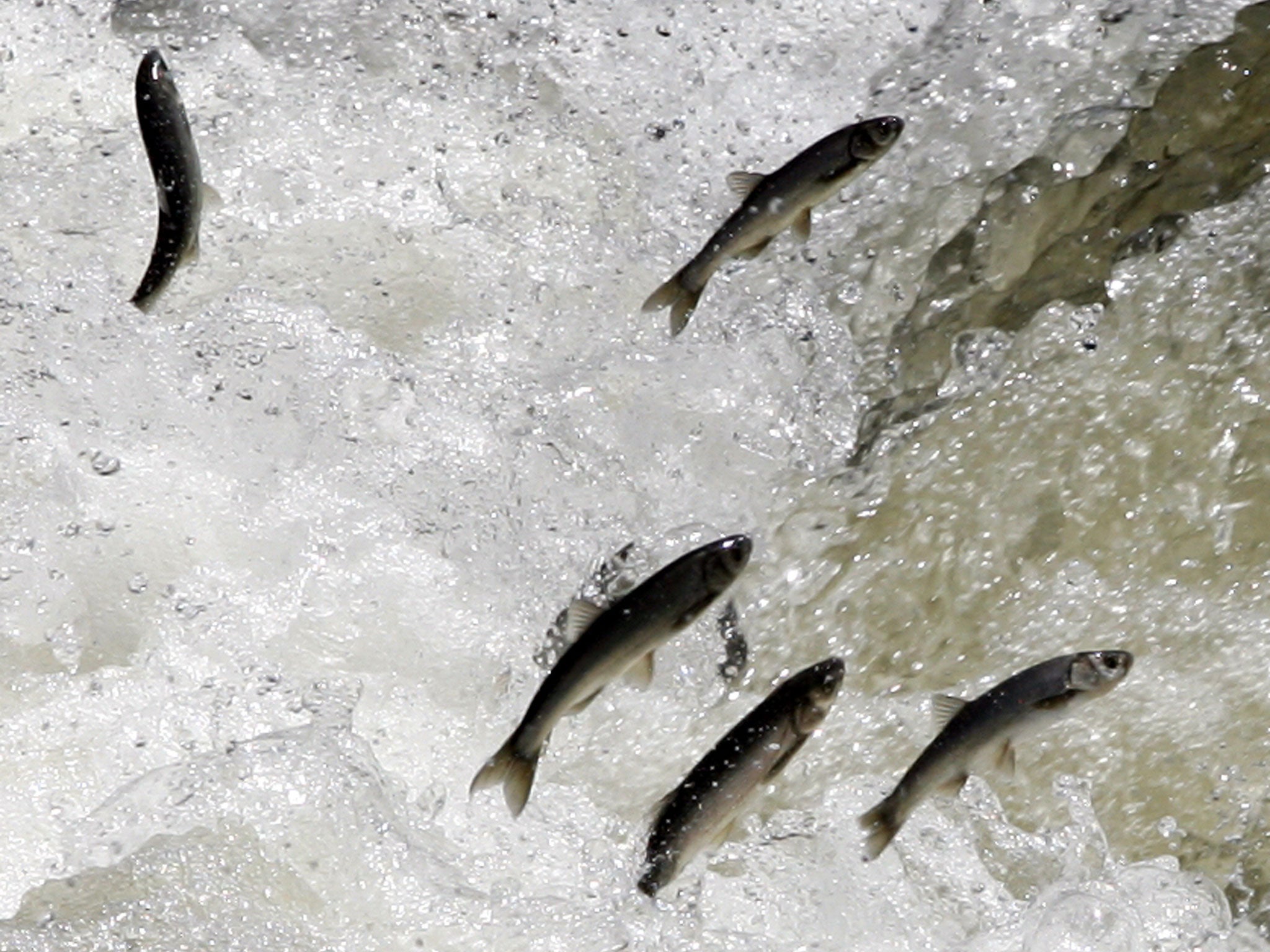Male fish becoming 'feminised' by pollutants in Spanish waters
Chemicals acting as oestrogens caused male fish to develop immature eggs

As the UK lies blanketed beneath record levels of smog, Spanish fish are evidencing the consequences of pollution in their own environment.
Members of the Cell Biology in Environmental Toxicology group have found evidence that male fish in the estuaries in Basque Country are becoming “feminised” by chemical pollutants in the water.
Endocrine disrupting chemicals (EDCs) acting as oestrogens – the primary female sex hormones - are seeping into the waters and causing reproductive and developmental disturbances, according to a report published in the Marine Environmental Research journal.
Immature eggs were found in the testicles of a number of male fish, the scientists from the University of the Basque Country said.
The chemicals involved are found in everyday products such as pesticides, contraceptive pills and detergents.
They are thought to enter the estuaries after getting through the cleaning systems in water treatment plants or as a result of industrial and farming activities.
The researchers studied five mullet populations from the Basque coast and the so-called “intersex condition” was detected in three of these samples. Similar cases had previously been detected between 2007 and 2008.
Miren P. Cajaraville, director of the research group, said in a statement that the results show that “endocrine disruption is a phenomenon that has spread all over our estuaries, which means that, as has been detected in other countries, we have a problem with pollutants.”
Join our commenting forum
Join thought-provoking conversations, follow other Independent readers and see their replies
Comments
Bookmark popover
Removed from bookmarks